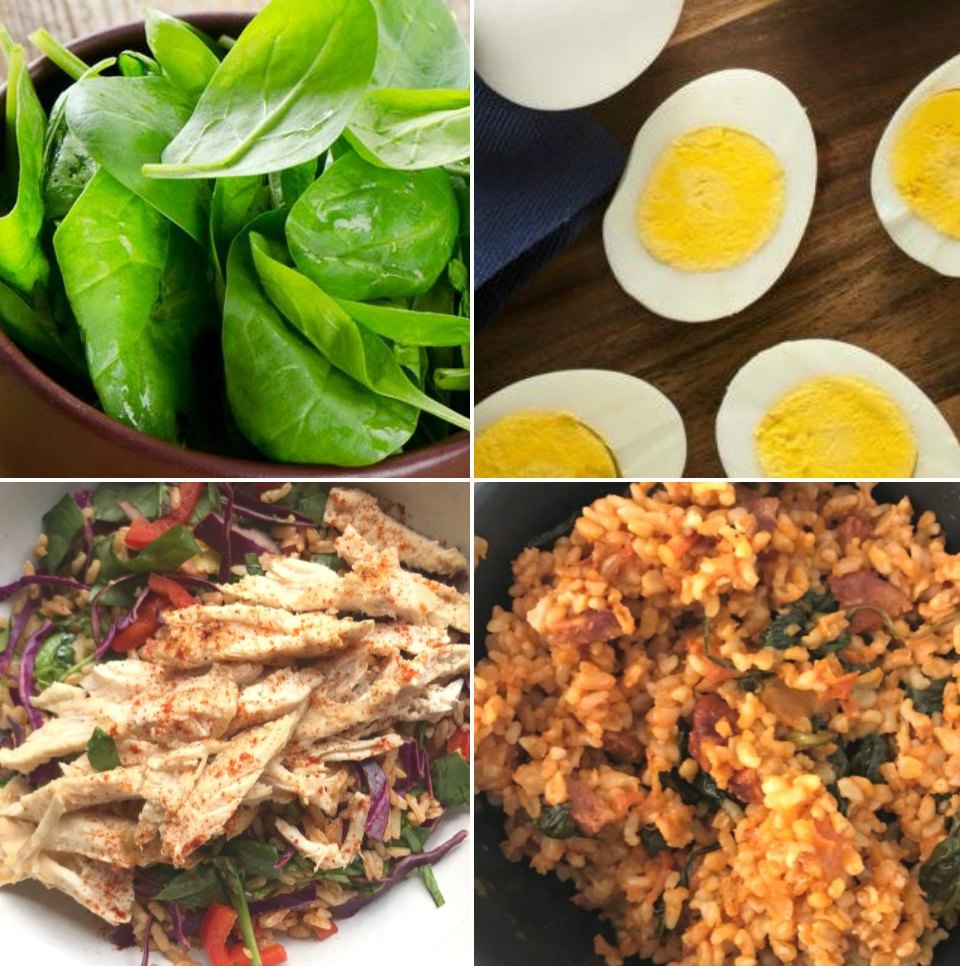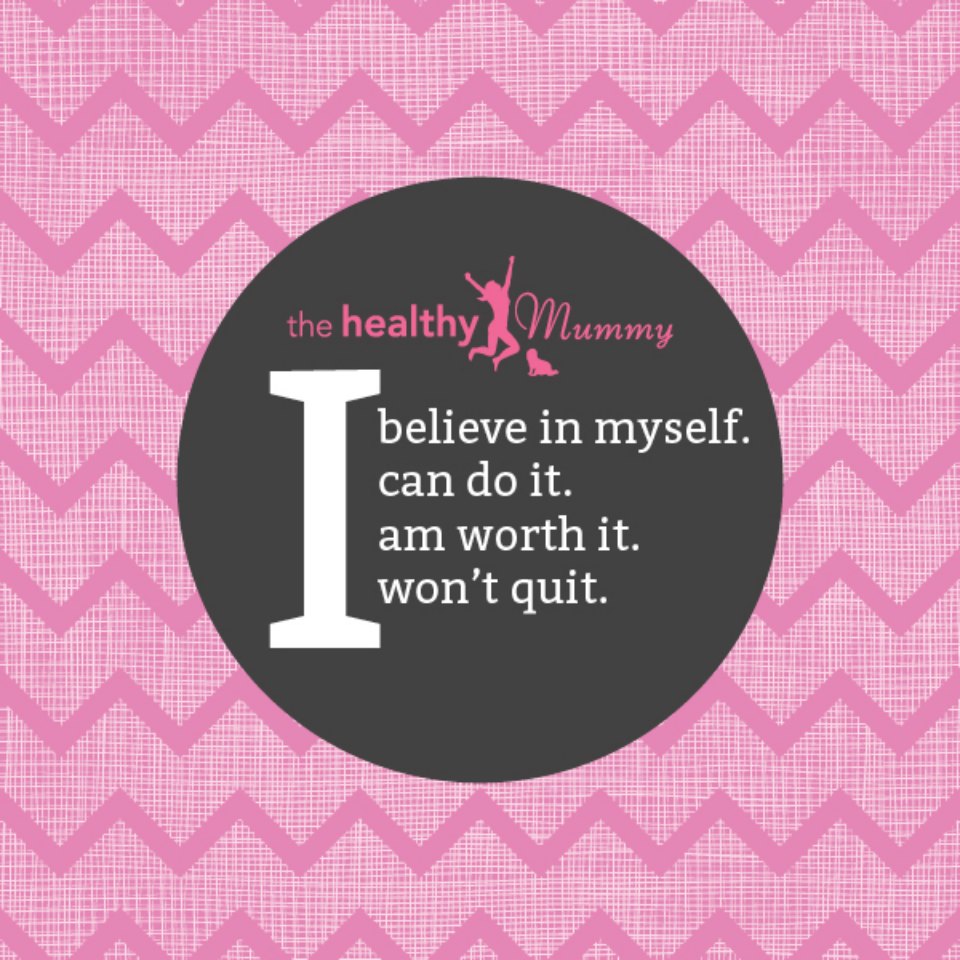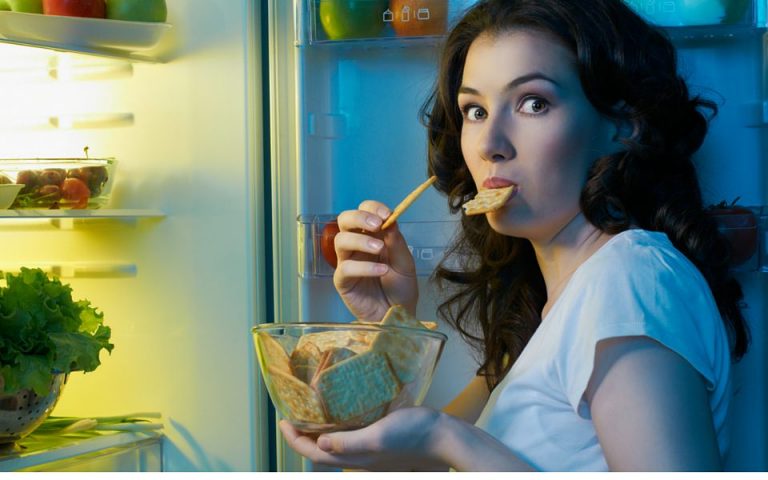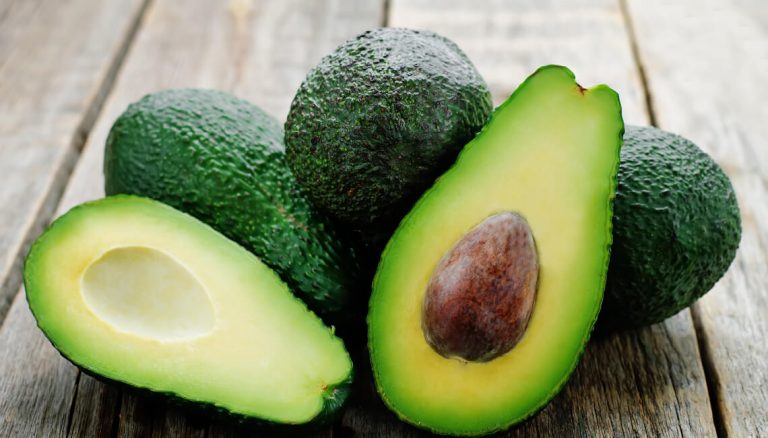EVERYTHING you need to know about freezing and reheating food
Preparing meals at home is one of the simplest ways to make healthy eating habits that stick.
However, it’s important for you to store and reheat all food you’ve made, as some ingredients can breed harmful bacteria, causing food poisoning or serious illness.
Whether you’re cooking for a big family or just for yourself, leftovers are a great way to avoid food wastage and save money. Yet, despite all the great benefits of being organised with your leftovers it’s still important to know the best way to store certain foods…

Everything you need to know about freezing and reheating food
Eggs, cooked rice, chicken, and spinach are some of the most high-risk foods people need to be aware of, particularly when meal prepping and freezing and then reheating.
“Like most perishable food, these foods must be stored in the refrigerator and kept below 5 degrees Celsius”, says Dr. Harvey from House Call Doctor.
Freezing food
Freezing food increases the ‘life’ of the food and prevents bacteria from multiplying and causing the food to spoil.
“Food should be kept frozen at -18 degrees Celsius”, says Dr. Harvey. When you want to thaw the food after being frozen, store it in a refrigerator that reaches no more than 5 degrees Celsius.
How to reheat food properly
Temperatures are just as important as storing when it comes to avoiding food poisoning. Even if food has been properly frozen or refrigerated, there’s still a chance that bacteria is present, which is why we need to be careful to make sure it’s reheated properly.
“Foods like chicken, rice, and eggs must be cooked and reheated to at least 75 degrees Celsius to reduce the number of bacteria to a safe level for consumption,” says Dr. Harvey.
What’s more, after food has been cooked to this temperature it should be eaten or refrigerated within two hours.
Food which has been warmed up and left out between two and four hours CANNOT be put back in the refrigerator and must be consumed. Any food which remains in the danger-zone for four or more hours must be discarded.
Reheating spinach, eggs, cooked rice, and chicken
Spinach should NOT be reheated after its cooked, as it poses high risks of food poisoning.
Dr Harvey advises, “If you’ve sautéed too much spinach for a meal and can’t eat it all, it’s best to throw it in the bin or eat it cold. A great alternative is to mix in it a salad.”
Chicken has a protein that starts to deteriorate and may cause digestive problems when it goes from cold to hot the second time around. The general rule of thumb is if you want to enjoy leftover chicken warm, it’s best to reheat it in the microwave, a skillet, or the oven only one time after the original preparation.
“You also need to make sure it’s hot, as in hot through and through to the centre of the piece of chicken, and eaten right away,” says Dr. Harvey.
Cooked rice is fine to reheat in the microwave, but you should always check that it is piping hot before eating. You can defrost rice in a fridge before heating or cook straight from frozen.
Eggs are like chicken, in that they are enriched with protein, which begins to deteriorate as soon as you cook it. Generally, it’s best to cook high-protein food that’s enough for one sitting.
“For eggs, it’s best to never reheat them at all, as they are particularly vulnerable to inviting microorganisms to make a home and give you food poisoning,” adds Dr. Harvey.
Thanks Dr. Harvey for this interesting insight.
Find out more about the 28 Day Weight Loss Challenge here.










